
Are you finding it exhausting to live up to your full potential at work, in your relationships, and in your day-to-day routine?
Is your inner voice often negative and self-critical?
As a result, do you battle feelings of low self-esteem and low self-worth?
If any of these signs and symptoms sound familiar, you might have asked yourself, “Do I have depression?” Yet, struggling to maintain energy and find motivation, you may have convinced yourself that doing nothing about it is the best way of dealing with your depression.
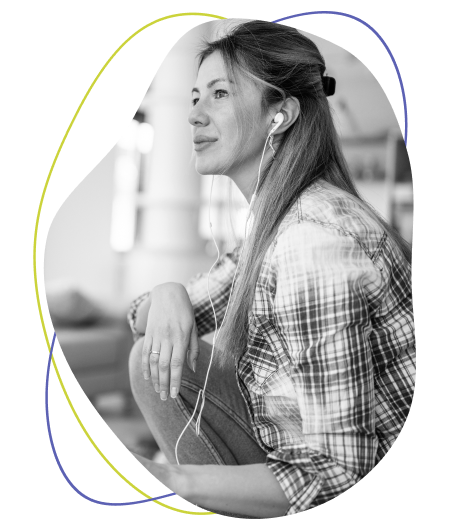
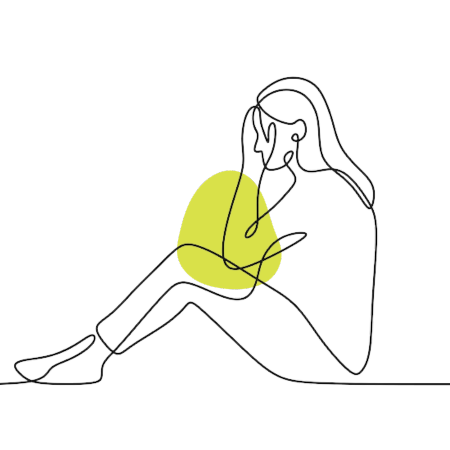
Maybe you cry often or become easily frustrated by otherwise inconsequential things. Regularly experiencing hopelessness and emptiness, you may believe you will never know how to overcome the sadness.
Such emotional symptoms also have cognitive and physical consequences. Maybe depression has impacted your ability to think clearly, concentrate, make decisions, and remember important details. And perhaps you’ve noticed unexplained pains or changes in your appetite and sleeping patterns. Frequently depleted by even the smallest tasks, it can feel like you have to tread water just to get through the day.
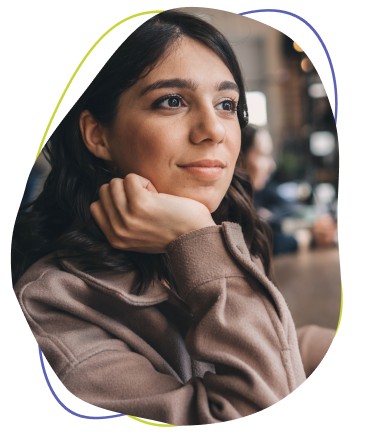
Depression doesn’t just impact your daily life and experiences. You’ve probably noticed changes in your relationships as well. Whether you’ve become distant, apathetic, or easily irritable, your partner, friends, and loved ones may be concerned that you’re disconnected or that they can’t do anything to help you feel better.
But just because you feel isolated, it doesn’t mean you should isolate yourself further. And though it may sound exhausting and too far out of your reach right now, lasting relief does exist. In therapeutic treatment, you can learn valuable skills for coping with symptoms of depression.
Clinical depression is one of the most common mental health conditions globally. The National Institute of Mental Health (NIMH) estimates that depression affects at least 8 percent of the US population. ¹ However, given how common it is for people to misunderstand their symptoms or avoid seeking treatment, the actual number of individuals living with depression is likely much higher.
There is no single cause for depression, but a combination of factors usually contributes to an onset of symptoms. For instance, past trauma, chronic medical conditions, and family history can all play a role in the development of clinical depression.
Yet, depression can be insidious, creeping upon us in a way that we can’t recognize until we’ve been zapped of our energy. Many of us believe that we are capable of overcoming depression on our own if we can just “snap out of it” or ignore our symptoms altogether.
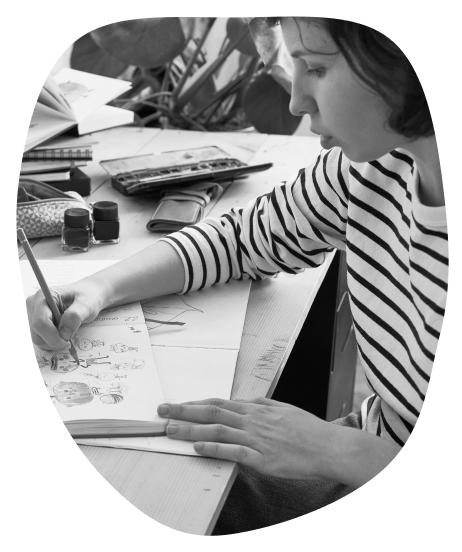
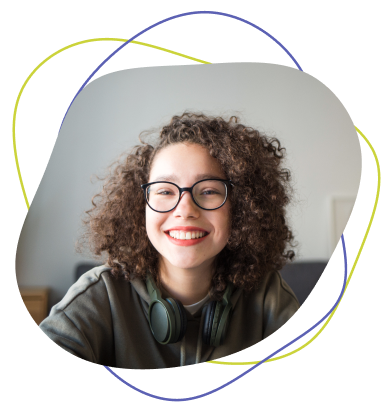
It’s often hard to pinpoint and verbalize the root cause of your thoughts and feelings. Therapy provides you with a safe atmosphere where you can explore your experiences as you gain a deeper awareness of your emotions and behaviors. You can improve your outlook by learning to make intentional choices that promote better mental, physical, and emotional health.

FOUNDER & ART THERAPIST
LCAT, LPAT, ATR-BC
WE BELIEVE EVERYONE HAS A UNIQUE STORY AND SOMETIMES, WORDS JUST AREN'T ENOUGH TO TELL IT.



At Creative Arts Therapy Source, art isn’t just an activity; it’s a language that allows you to express your deepest emotions, fears, dreams, and hopes. Your artwork becomes a window that offers a comprehensive view into your pain, experiences, and the hopes you have for the future.
We want therapy to be a joyful, enlightening, and playful exploration where you are free to express yourself in a way that feels right to you. Talk therapy, with the support of art therapy can help you uncover a new perspective.











From there, you will collaborate with your therapist to identify specific concerns and develop concrete coping skills that can help you manage your depression. Reflecting on the elements of your history that may factor into poor mental health—including past trauma, unresolved grief, and chronic illness—you will have a more foundational understanding of your depression’s root causes.




Soon, you’ll be able to recognize how your symptoms have clouded your perception and contributed to unconscious behavior patterns. This will allow you to address concerns more rationally instead of responding with hopelessness and despair.





In addition to solution-focused talk therapy, Art Therapy is the primary approach we use for depression treatment. The relaxing, meditative nature of creative expression (using pencils, markers, and clay) promotes mindfulness, which will help you have a better subconscious understanding of your symptoms. Not only does creativity offer you a meaningful perspective on your depression—art is also a powerful tool for self-soothing.
We acknowledge that counseling requires the mental and physical energy that your depression has taken away. We get that you probably feel utterly depleted and weary that a therapist can help. However, we are confident that if you can muster just a little extra effort, depression treatment can help immensely. Let us shoulder some of the heaviness of your emotions for a while so that you can find your way back to a healthier, more regulated place.
We hear this a lot, and it’s important to remember that finding the right therapist is a more complex process than you might think. Many people believe that they will automatically click with the first counselor they find online, but it often takes some trial and error to achieve the right fit.
We will work hard to help you feel safe and comfortable in therapy. And we are confident that the unique and creative option of Art Therapy gives you an opportunity to target your depression symptoms at a subconscious level.
Having feelings is a good thing, and expressing those feelings is even better! Crying is a natural physical response to sadness. Releasing that sadness is not only cathartic—it can also be very productive, as it moves you a little closer to a feeling of relief. So, if you spend your time in depression treatment crying, don’t worry. we have lots of tissues.
STILL HAVE QUESTIONS?
Our administrative assistant can answer your questions and match you with the best therapist for your needs.
If you have any billing, scheduling or log-in questions or any other inquiry, contact us here.
Take back your sense of control and enjoyment.
WHILE DEPRESSION IS ROBBING YOU OF YOUR ENERGY AND HAPPINESS NOW, THERAPEUTIC TREATMENT OFFERS NEW POSSIBILITIES FOR HEALING.
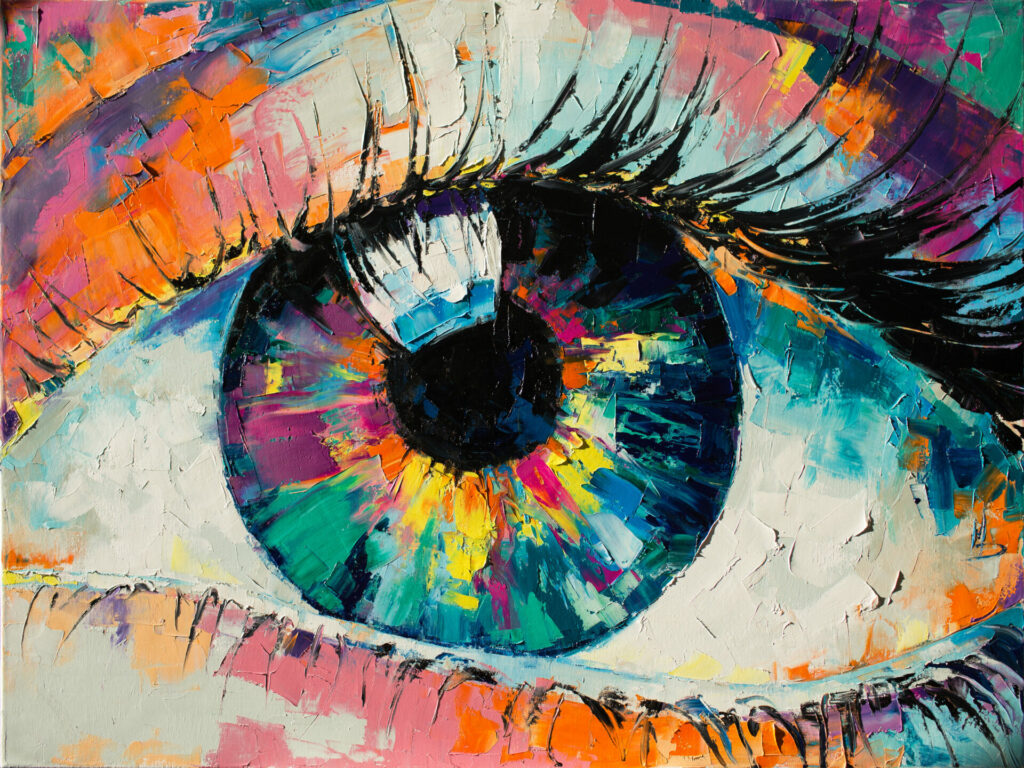

Offering in-person therapy on Long Island and online therapy across New York and New Jersey.